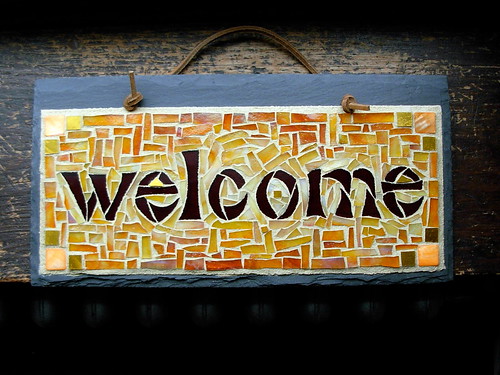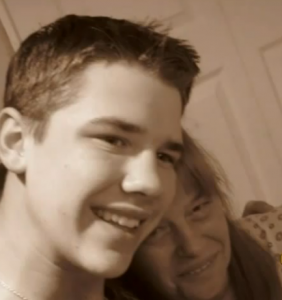The following is a guest post by our own Camille North, API Links Editor. API Links is a monthly e-newsletter to help keep parents, professionals, and others abreast of the latest news and research in Attachment Parenting and updates of API programs.
Anyone can receive API Links! Click here to subscribe.
Velcro or Teflon?
by Camille North
As images from Sandy – rescuers saving pets, power strips charging strangers’ phones, and NICU nurses whisking preemies to safety (causing my blood to run cold, realizing that that could have been my own two-pounder) – morph into mental images of Thanksgiving celebrations, visiting relatives, and holiday festivities (which also made my blood run cold when I realized that Thanksgiving is less than two weeks away), one thing became clear to me … they all share a common theme.
In line with that theme, I happened to run across an article that talks about stress and how we handle it, and how it affects our health decades down the road. Velcro People, who let stress stick to them, tend to have poorer health than Teflon People, who let stress roll off their backs.
What’s the common theme? No, not stress. Support! Which just so happened to be the topic, and fittingly so, of last month’s AP Month. The thought of facing a catastrophic storm, the inability to communicate with loved ones in harm’s way, or even something as non-life threatening as an extra, ahem, interesting relative at the Thanksgiving dinner table made me realize how much I rely on the people around me to see me through times that pump cortisol into my system.
I’ve been, most of my life, a Velcro Person, and I’m trying really hard now to be a Teflon Person. (Just ask my kids about the “hard” part.) I’m making progress, but I’m not there yet. But I wouldn’t be able to make any progress without support, and that’s what API is all about, whether we celebrate one month out of the year or rely on it all year long.
Before the chaos and craziness of the holidays truly sets in – oh wait, too late – think of API and your Support Group as that little bluebird of happiness (or maybe the bluebird of sanity, or even the bluebird of “pass the bean dip”) whispering in your ear.
When those “helpful,” well-intentioned relatives come to visit and tell you, “A little crying it out is good for them! It teaches them how to self-soothe!,” or “If you respond to his every whimper, you’re gonna spoil that baby,” or “A little smack will show ’em who’s boss. Spare the rod and spoil the child, I always say,” or even “Come on, Sis, Mom and Dad spanked us, and we’re fine,” just breathe and picture the face of your Support Group’s Leader. Breathe, breathe, breathe.
Whether you want to get away from it all (“Sorry, Aunt Ethel, I simply must attend today’s meeting! We’ll talk about peregoric and colic when I get back.”), get suggestions for zippy retorts, or just vent, we’re here for you. If you don’t have a Support Group, run, do not walk – or at least run as fast as you can, with the double stroller, the dog on the leash, and the sippy cup the baby keeps tossing on the trail – to your closest computer and find one.
Maybe all you need is the little bird whispering in your ear to remind you that your proper response in trying situations might be, “Pass the bean dip.” Or, in this case, “Pass the cranberry sauce.”
Here’s wishing you a Teflon-inspired, stress-free holiday season.
Camille North,
API Links Editor





 The Fall 2012 issue of
The Fall 2012 issue of  We’re used to isolation here. In some ways, it makes attachment parenting easy – not a whole lot of people here to
We’re used to isolation here. In some ways, it makes attachment parenting easy – not a whole lot of people here to